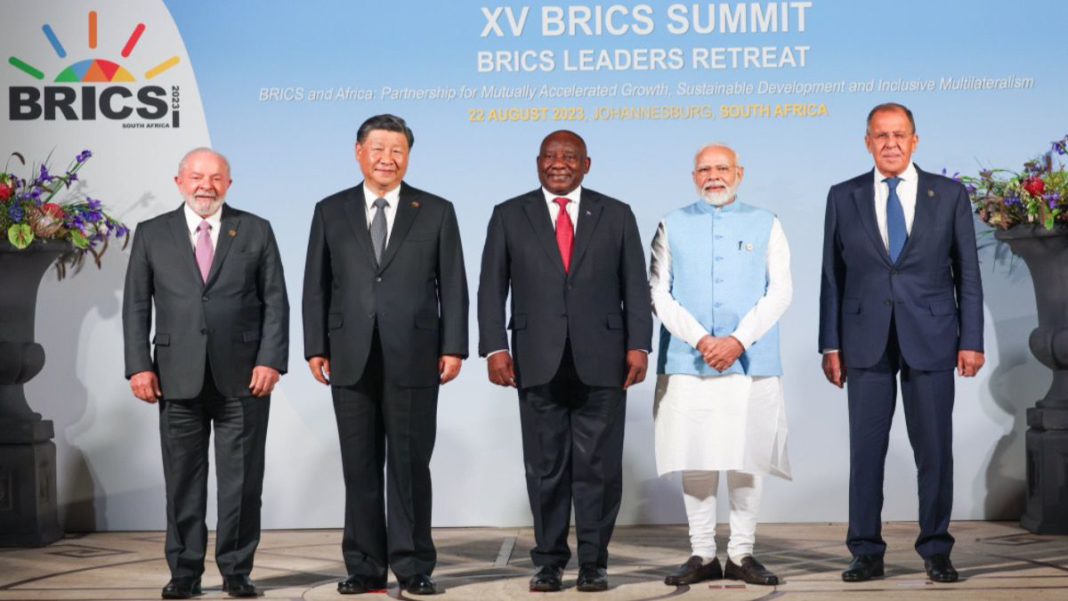SOUTH AFRICA: Leaders from the BRICS group of developing nations have extended invitations to Saudi Arabia, Iran, Ethiopia, Egypt, Argentina, and the United Arab Emirates to join their ranks. This strategic expansion is intended to enhance the influence of the bloc, which is dedicated to advocating for the interests of the “Global South.”
The expansion may also open doors for numerous other countries seeking membership in the BRICS, which currently consists of Brazil, Russia, India, China, and South Africa. This move comes amidst growing geopolitical divisions, prompting China and Russia to strengthen BRICS as a substantial counterbalance to Western powers.
On Thursday, South African President Cyril Ramaphosa, who is hosting a gathering of BRICS leaders, declared that the new candidates would be inducted as members on January 1, 2024.
The discussion about expansion has been a central focus at the three-day summit occurring in Johannesburg. While all BRICS nations have openly shown their backing for the bloc’s growth, there have been differing opinions among the leaders regarding the extent and pace of this expansion.
Despite encompassing roughly 40% of the global population and a quarter of the world’s gross domestic product, the BRICS alliance has struggled to establish a unified direction, leading to its limited influence on the global stage in both politics and economics.
Over 40 nations have shown keenness to become part of the BRICS, as noted by South African authorities, and 22 of them have made formal requests for membership.
These countries constitute a diverse range of potential candidates, primarily driven by the aspiration to rectify the perceived bias against them in the existing global structure. They are drawn to the group’s commitment to readjusting the global power dynamics.
Also Read: France Seeks Improved Access to Chinese Market, Not Decoupling



